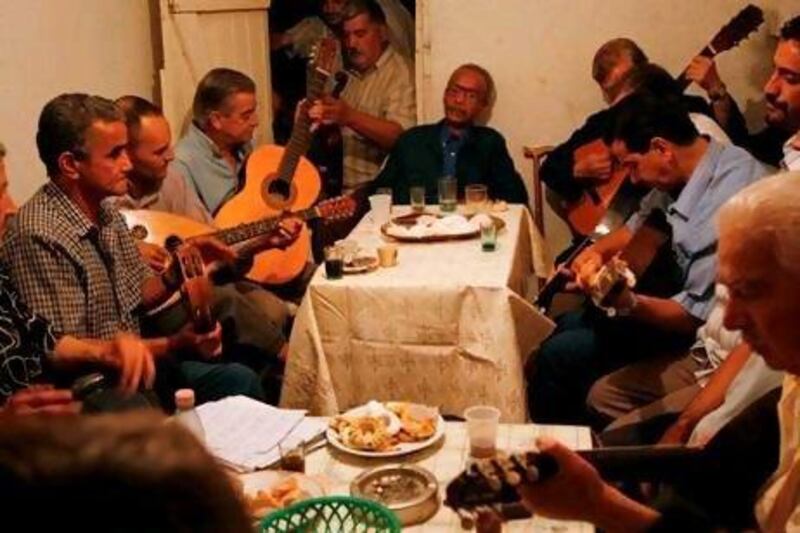History hung heavy in the sweltering summer skies over Sarajevo last week as the Bosnian capital hosted its 18th annual film festival.
Launched in 1995, when the city was still a war zone under constant sniper and artillery fire from the surrounding hills, the festival chiefly celebrates films from across the Balkan region. But this year's eclectic programme also included work from all over Europe, Turkey, Russia, the Middle East and the Americas. Among the festival's starry guests were Eric Cantona, Jeremy Irons and a return visit by Angelina Jolie, who directed her harrowing Balkan war drama In the Land of Blood and Honey in Sarajevo last year.
The dozens of mosques and minarets scattered across this multicultural capital offer proud proof that the Serbian aggressors were finally defeated in their brutal campaigns of ethnic cleansing, intended to prevent Bosnia-Hezegovina from declaring independence after the break-up of Yugoslavia. But the bulletholes that still pockmark almost every building bear witness to the high price paid by Sarajevo during the longest siege since the Second World War, which left more than 10,000 dead.
Having moved from August to July, this year's festival also coincided with the anniversary of the notorious Srebrenica massacre in July 1995, when Serb forces slaughtered more than 8,000 Bosniaks, as Bosnian Muslims are known. Last Wednesday, the festival organisers respectfully cancelled all official screenings, instead commemorating the names of the victims on a giant screen outside Sarajevo's National Theatre.
Inevitably, these still-raw historical wounds loomed large in the selection of films. Aida Begic's subtly crafted family drama Djeca - Children of Sarajevo, about a young Bosniak woman wrestling with the war's lingering aftershocks, won the festival's Best Actress prize for the co-star Marija Pikic. In the powerful short film Baggage by the former Oscar-winner Danis Tanovic, a young Bosnian émigré returns home to search for the remains of his murdered parents. Similarly grim imagery appeared in Ines Tanovic's brief but haunting documentary Day on Drina, which records the recent excavation of a mass grave close to Sarajevo.
Tackling the same traumatic events from a fresh angle, the director Miroslav Terzic's punchy political thriller Redemption Street won the festival's Best Actor prize for its co-star Uliks Fehmiu. The story of a young investigator from Serbia's war crimes commission who puts his life and family at risk by pursuing fugitive ex-members of a military death squad, Terzic's gripping white-knuckle drama has all the swagger and polish of an upmarket Hollywood production.
Happily, it was not all tragedy and misery in Sarajevo last week. There were also lighter moments like the young Romanian director Radu Jude's savagely funny divorce comedy Everybody in Our Family, which won the festival's main prize for Best Film.
Also warmly received was the Algerian-born director Safinez Bousbia's documentary El Gusto, an award-winner at last year's Abu Dhabi Film Festival, which reunites the scattered survivors of a veteran "chaabi" orchestra from 1950s Algiers. Partly funded with UAE money, Bousbia's French-Algerian twist on The Buena Vista Social Club recreates a golden age when Arabs, Jews and Christians were united in musical harmony. In Sarajevo, that simple but profound message struck a powerful chord that will linger long after the festival's end.





